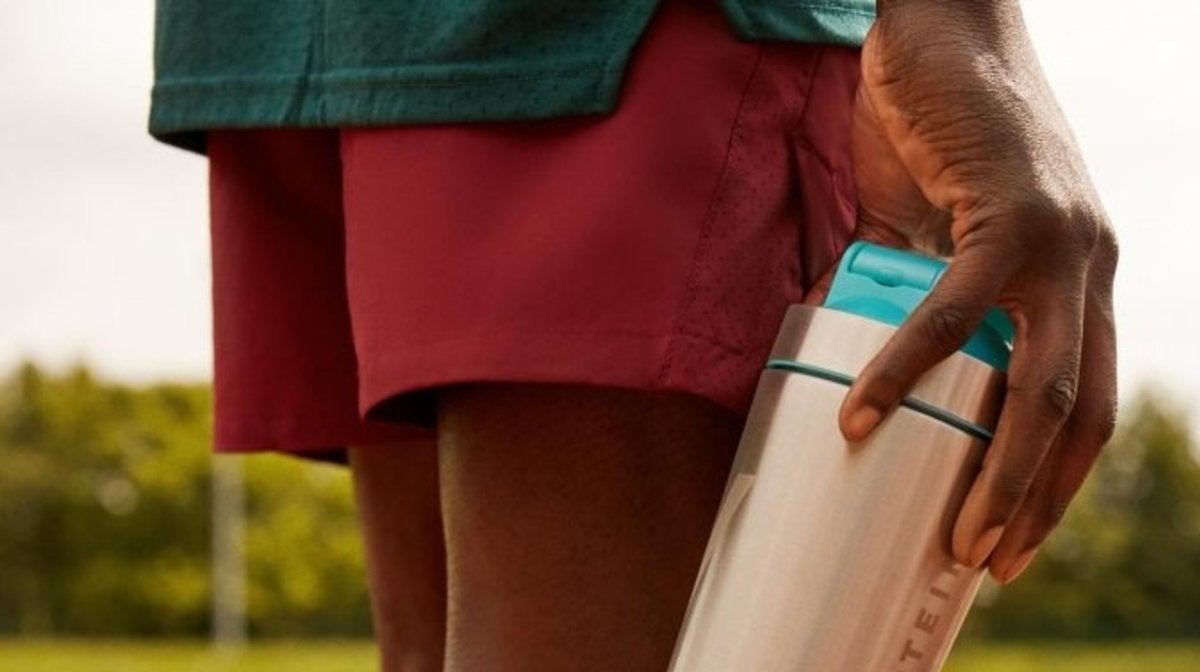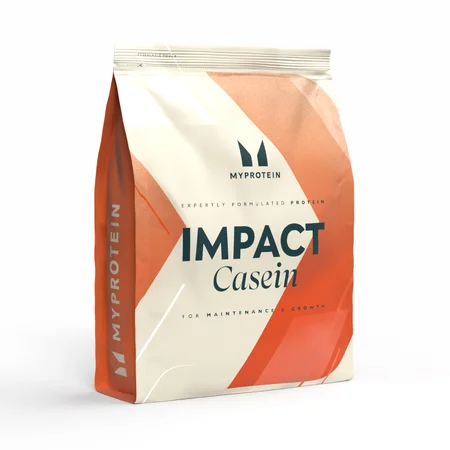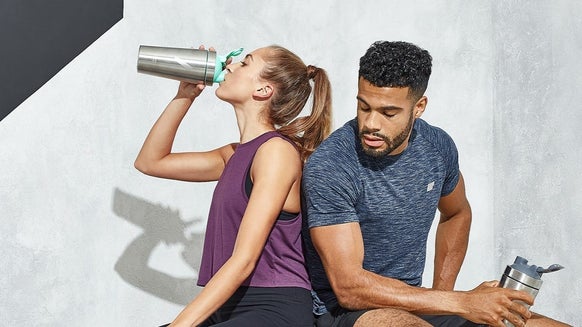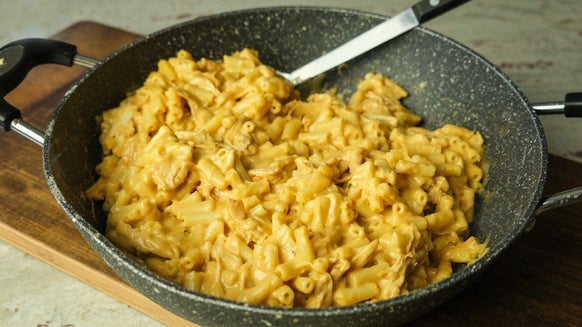Top 5 Healthy Tips While Fasting

So folks it’s that time of the year again -the Holy month of Ramadan. Most of us observe fasting during this month –abstaining from food and drinking between dawn to sunset. Most of us are apprehensive about the outcome and effects of fasting on our nutrition and training. Some have quite regular eating and training patterns so it seems like a major adjustment to our daily routine. Let me reassure you, if you don’t make some of the common mistakes people commit in the days of Ramadan, you sure won’t be losing any muscle mass and will be able to stay healthy.

So we need to fix the wrongs first and then move on to the rights. Common mistakes during the month of Ramadan:
- Fasting without Sohur
- Eating too much at Sohur
- Snacking on unhealthy stuff between Sohur and Iftari
- Not being able to regulate your water intake
- Resorting to sugar to quench your thirst –dehydration is confused with hypoglycaemia.
- Avoiding training for the fear of passing out –yeah, people actually do that.
- Not planning/preparing the meals ahead of time.
- Engaging in too little/excessive cardio.
So I believe everyone has their own ways to handle nutrition and training. We will be talking about nutrition first.
Some people control calories in vs calories out in their daily routine. Your fasting doesn’t have to change much of your eating routine in that case. You are essentially only going to shift your timings and regulate your eating frequency to fit within the fast-free period of your day. The food you are taking doesn’t have to change. For those who focus on macros, a good way to have protein in your diet would be to focus on consuming chickpeas and hummus at Iftar and a proper meaty dinner post that. To keep the carbs in control, avoid having juices and cold sherbets at Iftar. Instead focus on having chilled lemon/mint water, it’s just as good and low calorie for quenching thirst adequately.

Here are my top 5 tips to stay healthy during Ramadan:
- Sohur is the most important meal in my opinion. Whatever you consume during Sohur is a good predictor of your energy levels during the rest of the day. The focus for Sohur should be on having nutrient dense meals with high protein. Protein stays in your stomach for longer than any other nutrient. You can have eggs, sausages, minced meat or even a protein shake. If you are consuming carbs, you should take stuff like oats and barley, they release energy over a slow period as opposed to giving you an instant burst of energy. Therefore, they prevent hyperglycaemia and help you stay on your feet for the rest of the day. What you shouldn’t do at Sohur is, consume a lot of water in one go. It is not good for the stomach, space out your water consumption. Drink around 14-16 glasses of water in the fast-free period but they should be spaced out. Contrary to the popular opinion, consuming fruit juices or flavoured milk products at Sohur is not healthy. You can have one piece of fruit or berries at Sohur.
- At Iftar, try and avoid all the oily, deep-fried and sugar-rich foods. Try to break Iftar with dates or the energy bliss balls. Take frequent sips of water and low-calorie flavoured water to maintain your hydration. Eat Chickpea salad, Hummus with veggies, a small piece of fruit, a cup of fruit salad, Greek yoghurt with berries and other light meals.
- Instead of going big on Iftar, eat light. Iftar should be followed by a normal dinner after 2-3 hours just like how you eat in normal days. It should be balanced, there should be a serving of Garden salad, 20-25 gms of protein on your plate (grilled chicken, fish).
- The ideal time to train during Ramadan is between a light Iftar and a proper dinner. This way there are lesser chances of you experiencing any dehydration or hypoglycaemic episodes during your workout. You can do a combination of cardio and strength training. With 15-20 mins of jog/skipping/ swimming in a HIIT pattern followed by some Calisthenics workouts or lifting. If you are working out during fasting, focus on either Pilates or Yoga.
- Measure your water intake. Buy a graduated bottle –track your daily intake. Keep making sure that you are taking frequent sips of water. You want to be especially careful since it’s quite hot these days.
So don’t skip training, don’t be fooled by the combo deals on your favourite fast food restaurants. Avoid the common mistakes one makes during this month and train at least 4 times a week. If you take care of your nutrition and training, you might even experience the benefits of intermittent fasting and preserve muscle mass at the same time.






